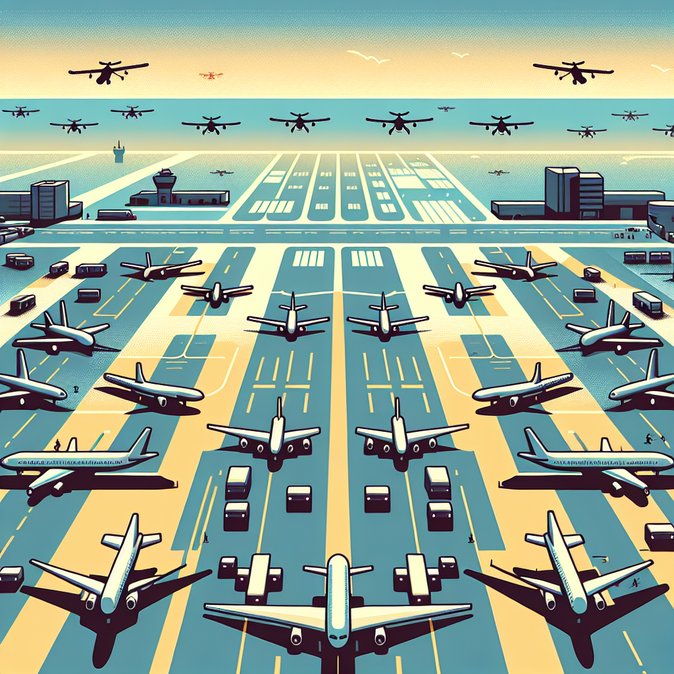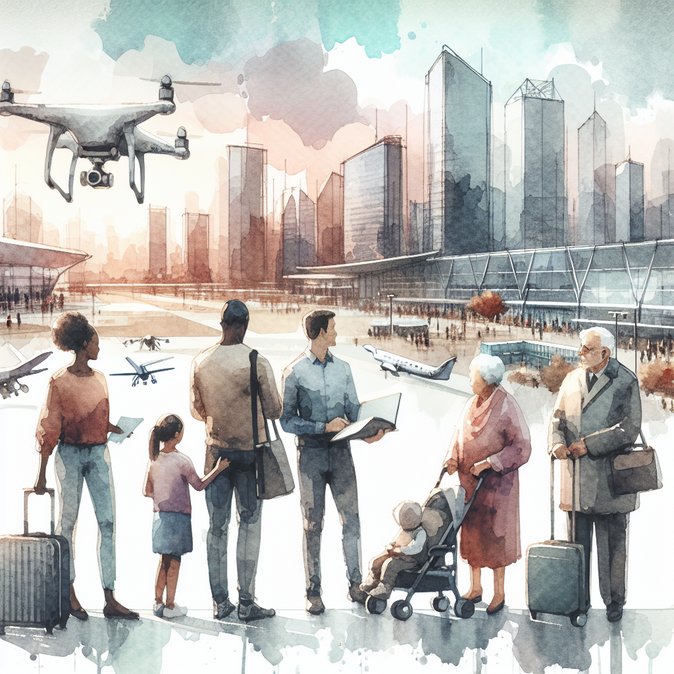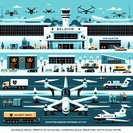
Belgium’s two busiest passenger and cargo gateways ground to a halt on 7 November after multiple unidentified drones repeatedly entered restricted airspace above Brussels Airport and Liège Cargo Airport. Eurocontrol imposed a rare “zero-rate” on arrivals and departures for three hours, diverting or cancelling more than 280 flights and stranding an estimated 42 000 passengers. Freight forwarders reported that some 6 700 tonnes of high-value pharmaceuticals and e-commerce goods were delayed, forcing emergency rerouting to Maastricht, Cologne and Paris-CDG.
While drone sightings have plagued several European hubs this year, Belgian authorities described Friday’s swarm as the most sophisticated to date. Aviation police confirmed at least six quad-copters equipped with long-range batteries; two were observed near the military base at Kleine-Brogel, fuelling speculation of foreign state involvement. The closures followed a similar incursion on 5 November that forced a one-hour shutdown of Brussels’ runways.
![Drone incursions shut Brussels & Liège airports, paralysing Belgian business travel]()
Business-travel managers are now revising duty-of-care protocols. Multinational firms based in Brussels’ EU quarter told The Brussels Times that they will temporarily prioritise rail links via Eurostar and Thalys and ask staff to build 24-hour buffers into Asian itineraries routed through Liège’s cargo-passenger combi flights.
Logistics analysts warn that repeated disruptions could erode Belgium’s competitiveness as a gateway for time-critical goods. “If shippers start routing through Schiphol or Frankfurt instead, regaining market share will be costly,” noted consultancy Seabury Cargo. Brussels Airport Company has accelerated installation of an anti-drone ‘digital fence’ and urged the federal government to clarify rules on disabling rogue UAVs.
For now, travellers face longer queues and potential schedule changes as air-navigation service provider skeyes maintains a higher threat level through mid-November. Airlines have waived change fees for tickets to, from or via Brussels issued before 6 November and advise passengers to monitor flight status alerts closely.
While drone sightings have plagued several European hubs this year, Belgian authorities described Friday’s swarm as the most sophisticated to date. Aviation police confirmed at least six quad-copters equipped with long-range batteries; two were observed near the military base at Kleine-Brogel, fuelling speculation of foreign state involvement. The closures followed a similar incursion on 5 November that forced a one-hour shutdown of Brussels’ runways.

Business-travel managers are now revising duty-of-care protocols. Multinational firms based in Brussels’ EU quarter told The Brussels Times that they will temporarily prioritise rail links via Eurostar and Thalys and ask staff to build 24-hour buffers into Asian itineraries routed through Liège’s cargo-passenger combi flights.
Logistics analysts warn that repeated disruptions could erode Belgium’s competitiveness as a gateway for time-critical goods. “If shippers start routing through Schiphol or Frankfurt instead, regaining market share will be costly,” noted consultancy Seabury Cargo. Brussels Airport Company has accelerated installation of an anti-drone ‘digital fence’ and urged the federal government to clarify rules on disabling rogue UAVs.
For now, travellers face longer queues and potential schedule changes as air-navigation service provider skeyes maintains a higher threat level through mid-November. Airlines have waived change fees for tickets to, from or via Brussels issued before 6 November and advise passengers to monitor flight status alerts closely.







